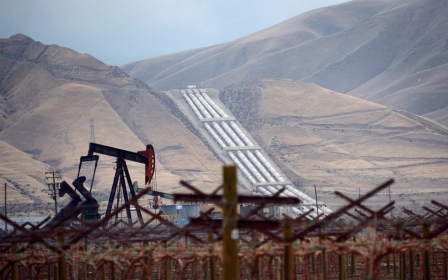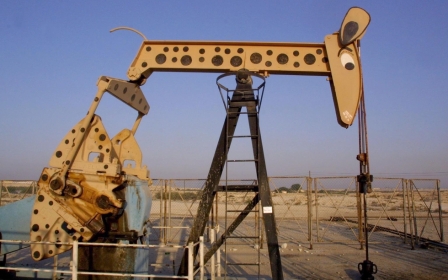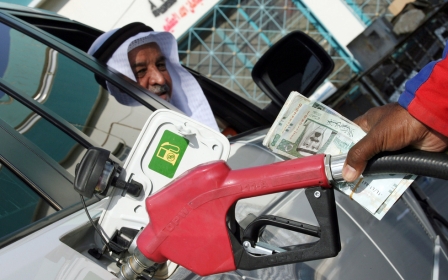Kuwait expects record $38bn budget deficit

Kuwait has said it expects to post a record $38bn annual budget deficit in the next financial year due to falling oil prices.
The shortfall for the 2016-17 year is 30 percent of the country's gross domestic product. Kuwait said it expects to post a $23bn budget deficit in the current fiscal year 2015-16, the first after 16 years of surplus.
Spending was estimated at about $26bn, just 1.6 percent lower than in the current year, the finance ministry said on Thursday.
Revenues were projected at $24.4bn, of which oil income was estimated at $19.1bn or 78 percent of the public revenues.
In the past, income from oil contributed more than 94 percent of revenues in the Gulf emirate before the decline in crude prices.
The budget was approved at a joint meeting of the cabinet and the supreme planning council on Wednesday night.
The oil income estimate for 2016-17 is 46 percent lower than in the current year and 74 percent below the actual oil revenues in 2014-15, the ministry said.
The oil revenues are calculated on the basis of a crude price of $25 a barrel, down from the current year's $45 a barrel.
The price of Kuwaiti oil dived to as low as $19 a barrel last week. Currently it is hovering at about $23 a barrel.
The Gulf state, which has a native population of 1.3 million, has built about $600bn in fiscal reserves the deficit-free years.
All the Gulf Cooperation Council states (GCC) - Bahrain, Kuwait, Oman, Qatar, Saudi Arabia and United Arab Emirates - have posted deficits after oil prices lost three quarters of their value since mid-2014.
The Gulf states have announced a series of austerity measures that included raising the prices of fuel products, electricity, water and others.
Kuwait has liberalised the price of diesel and kerosene and is considering cutting subsidies on other services.
But it is facing difficulties to cut spending which has increased more than four folds since 2006, mostly on wages and subsidies, according to official figures.
The wage bill in the new budget is estimated at $34bn, or 55 percent of total spending, while subsidies account for 15 percent.
Middle East Eye propose une couverture et une analyse indépendantes et incomparables du Moyen-Orient, de l’Afrique du Nord et d’autres régions du monde. Pour en savoir plus sur la reprise de ce contenu et les frais qui s’appliquent, veuillez remplir ce formulaire [en anglais]. Pour en savoir plus sur MEE, cliquez ici [en anglais].




